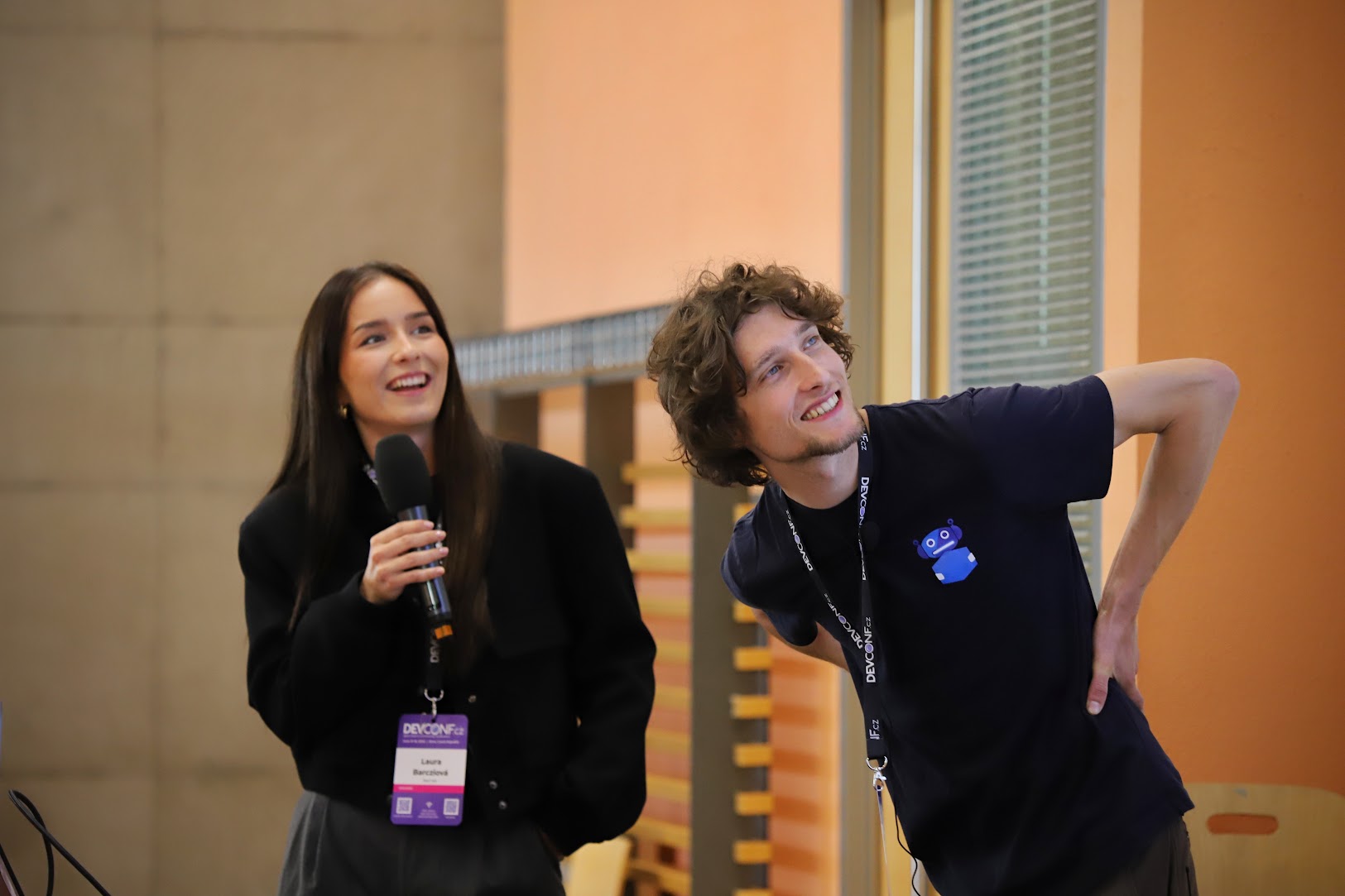After building and running AI-powered automation for RHEL package maintenance workflows (available in this repo), our team has learned a lot about what it takes to move from impressive demos to a reliable production system. Here are the key insights that might save you time and frustration on your own AI automation journey.
Advanced usage of the specfile library
Are you already familiar with the basic concepts of the specfile library? Then welcome to a collection of some slightly more advanced topics that you could find useful. If you're not that familiar and would like to start with something easier, you can take a look at Introduction to specfile library.
Packit in 2024
We are reaching the end of the year and it’s a good time to look back at the Packit highlights of this year. And it was a year!
Packit 1.0.0 countdown - action may be required
After 105 minor releases we are almost ready to announce our first major release, Packit 1.0.0!
Packit dashboard and Project Mycorrhiza
This term has been thrown around a bit in issues here and there relating to the dashboard and people usually get confused, and rightfully so! Lets dive in and see what Project Mycorrhiza is and why we chose this name.
 Photo by Malene Thyssen - Own work, CC BY-SA 3.0, Link
Photo by Malene Thyssen - Own work, CC BY-SA 3.0, Link
No more divergent dist-git branches with Packit!
Were you annoyed by Packit creating divergent branches in your package's dist-git repository? You'll be happy to know that Packit now supports a new dist_git_branches syntax that enables fast-forwarding commits between branches.
Non-git upstreams support and simplified configuration for easier onboarding!
We are happy to announce that support for non-git upstreams in the pull_from_upstream job is here!
This enhancement simplifies configuration by removing the need to define upstream_project_url,
opening the door for more use cases, while also simplifying the onboarding in general.
Packit Flock 2024 Diary
It’s been a month since two Packit members (Laura and František) attended Flock, the annual Fedora conference, in Rochester. Let’s see some highlights from our journey There and Back Again. Sadly the travel there wasn’t as expected at all, but luckily the tornadoes did not stop us and we both made it to Rochester.
SAST using OpenScanHub is here!
We are excited to announce a new experimental feature in our service: the integration of Static Application Security Testing (SAST) using OpenScanHub.
OpenScanHub is a service that runs various static analyzers on RPM packages - by default Cppcheck,
ShellCheck and the static analyzers embedded in GCC.
Let's have a look at the details of the prototype!
Do you like your changelogs? What DevConf.CZ attendees think
Last month, we had the pleasure of engaging with a dynamic audience during our interactive talk on changelogs at the DevConf in Brno, Czech Republic. In case you missed it, you can watch the recording here. Throughout the session, we explored various aspects of changelog usage, including their content, format, and the potential for automation. By asking a series of questions to the attendees, we gathered insights and opinions that highlighted both common practices and divergent viewpoints within the community. In this follow-up article, we aim to summarise the key findings from our discussion, analyse the trends and preferences that emerged, and offer our reflections on the role of changelogs in software development.





